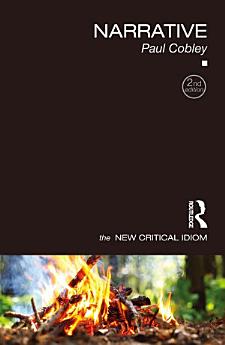Narrative: Edition 2
এই ই-বুকের বিষয়ে
This second, revised and fully updated edition of the successful guidebook to narrative covers a range of narrative forms and their historical development from early oral and literate forms through to contemporary digital media, encompassing Hellenic and Hebraic foundations, the rise of the novel, realist representations, narratives of imperialism, modernism, cinema, postmodernism and new technologies. A final chapter reviews the way that narrative theory in the last decade has re-orientated definitions of narrative.
Written in a clear, engaging style and featuring an extensive glossary of terms, this is the essential introduction to the history and theory of narrative.
লেখক সম্পর্কে
Paul Cobley is Professor in Language and Media at Middlesex University. He is the author of a number of books including The American Thriller (2000) as well as editor of a number of volumes including The Routledge Companion to Semiotics (2010).






